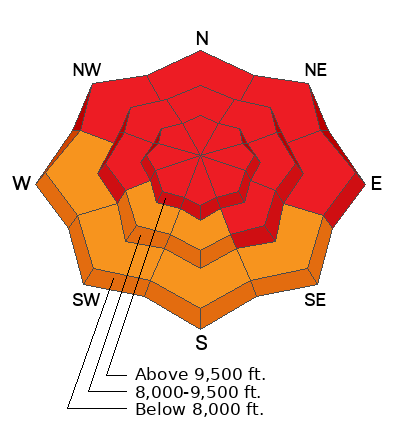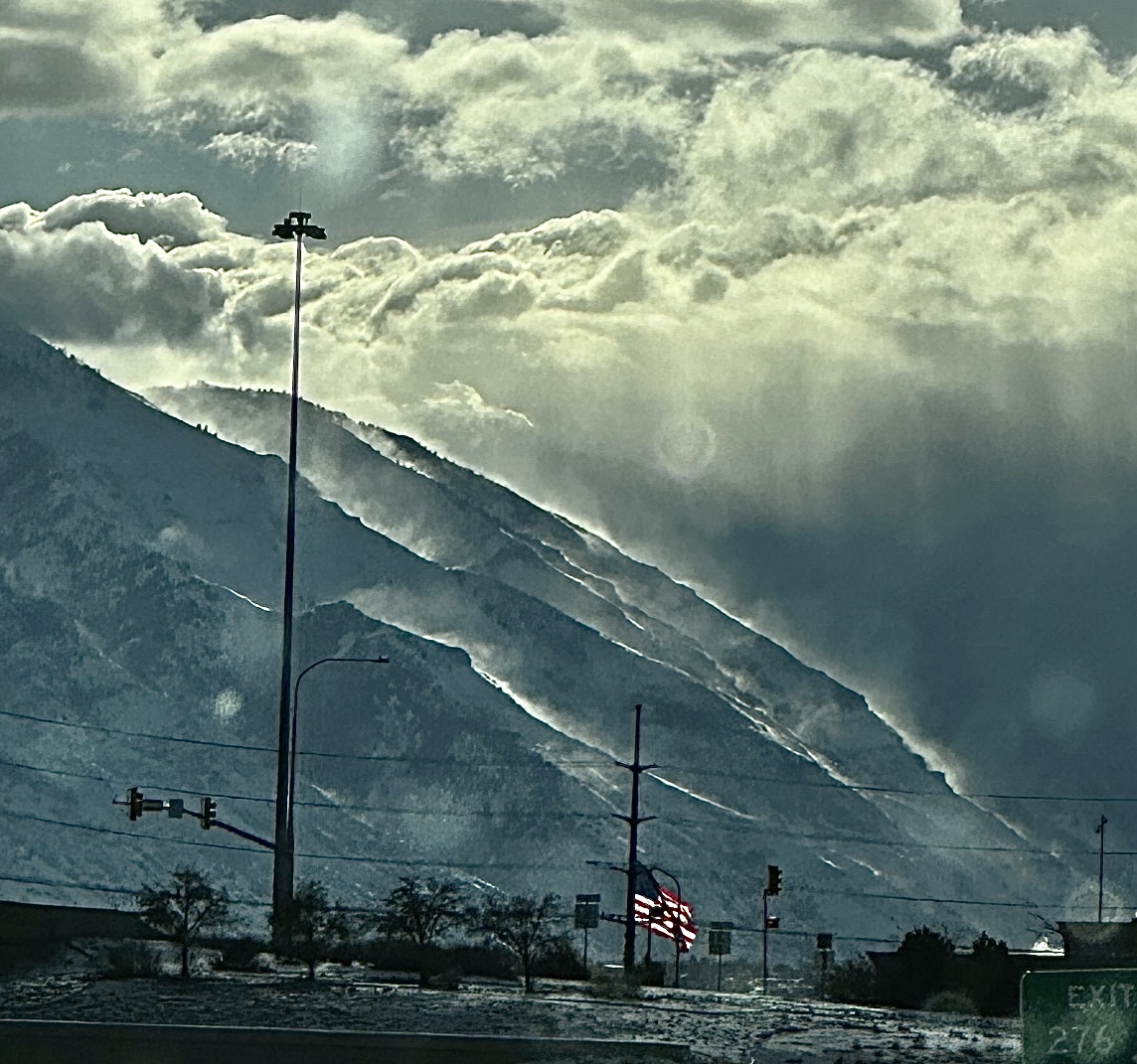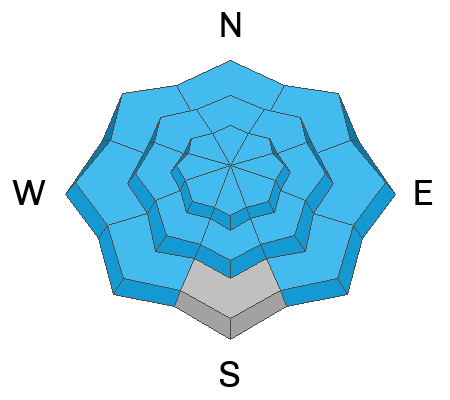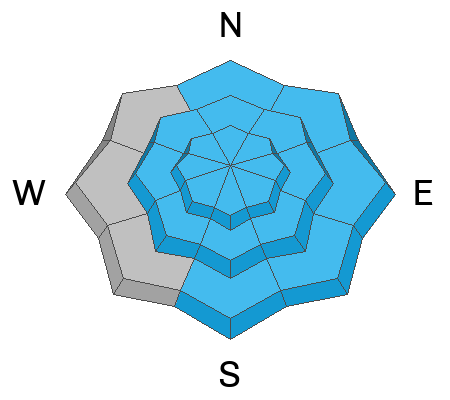Forecast for the Provo Area Mountains

Issued by Drew Hardesty on
Tuesday morning, January 16, 2024
Tuesday morning, January 16, 2024
A HIGH DANGER exists on many slopes.
Today has avalanche accident written all over it.
Large avalanches may be triggered in many areas. Travel in or underneath avalanche terrain is not recommended. Remember that avalanches can be triggered at a distance or from the flats well below a slope.

Low
Moderate
Considerable
High
Extreme
Learn how to read the forecast here









